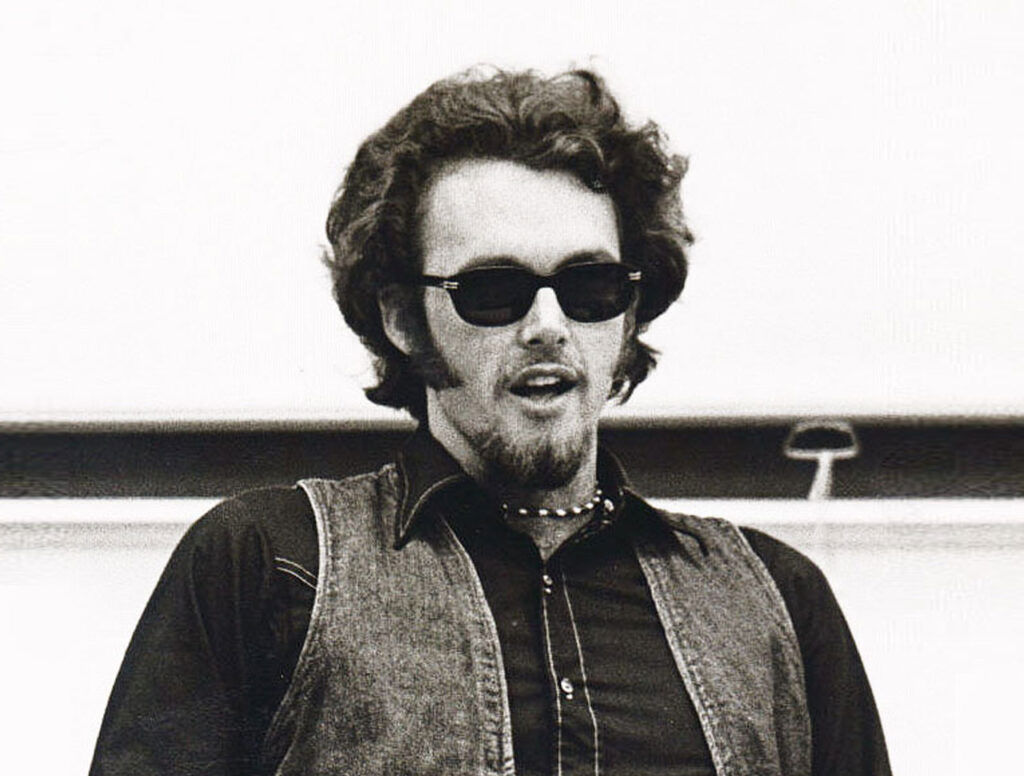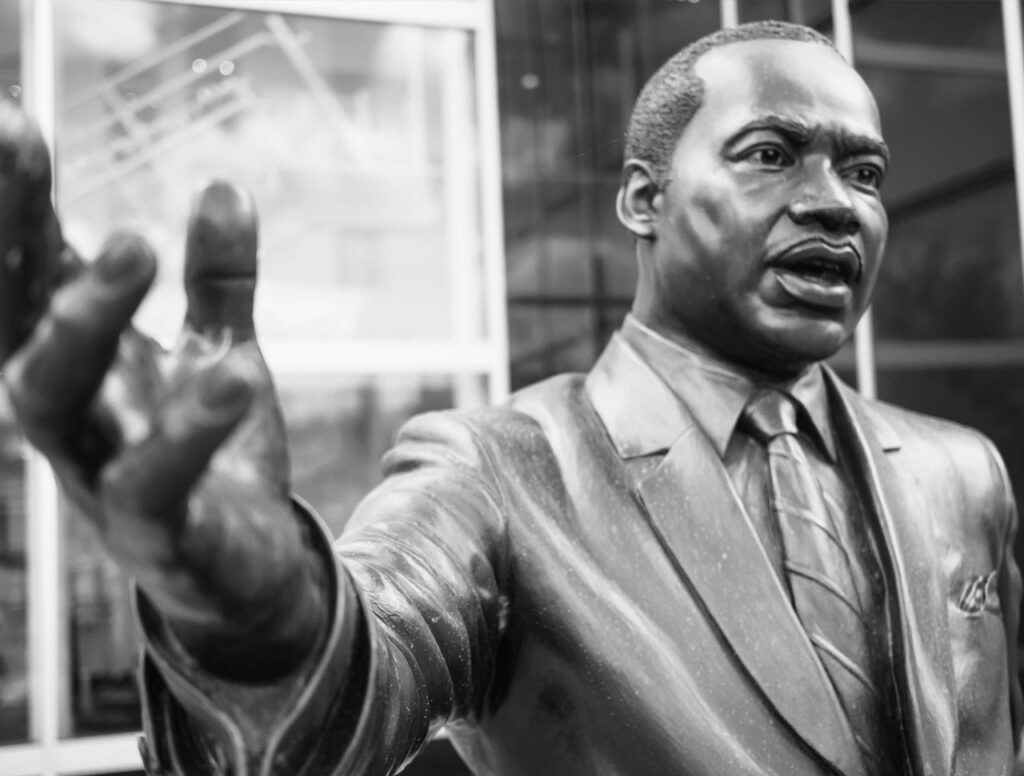Probably the most common statements we hear from new coaches are, “I just want to give back.” And, “If I had a peer coach when I was struggling in my recovery, I would have been sober sooner.” This, along with our success stories, is affirmation for us that our model works.

* The History and Future of Peer Based Addiction Recovery Support Services. William White Papers

To become a Peer Recovery Coach in Colorado:
The state of Colorado requires that peer recovery coaches have completed training in the Combined Core Competencies. Certification credentials are based on experience and competencies as set by the International Certification & Reciprocity Consortium. Competencies like a) Knowledge of Mental Health/Substance Use Conditions and Treatments b) Resiliency, Recovery and Wellness c) Ethics and d) Resources to name a few.
The Colorado Providers Association (COPA) website has the most comprehensive list of entities that offer certification curriculum training as well as the criteria to become a Certified Peer & Family Specialists (CPFS). https://coprovidersassociation.org/certifications/
Training costs vary by provider, please reference the COPA link above. Commonly there are scholarships available that will cover some costs.
Yes, we encourage those with lived experience to apply, previous justice involvement included.
Yes, all of our coaches need to have their own transportation and a valid driver’s license and insurance.
No, P2P has varied community partners from which we draw referrals and new coached are assigned P2P clients.
Lived experience is part of being a coach and field experience is preferred but not necessary.
Lived experience or indirect experience supporting family members with substance misuse is preferred.
Yes, with the understanding that you meet the needs of the recoverees you work with.